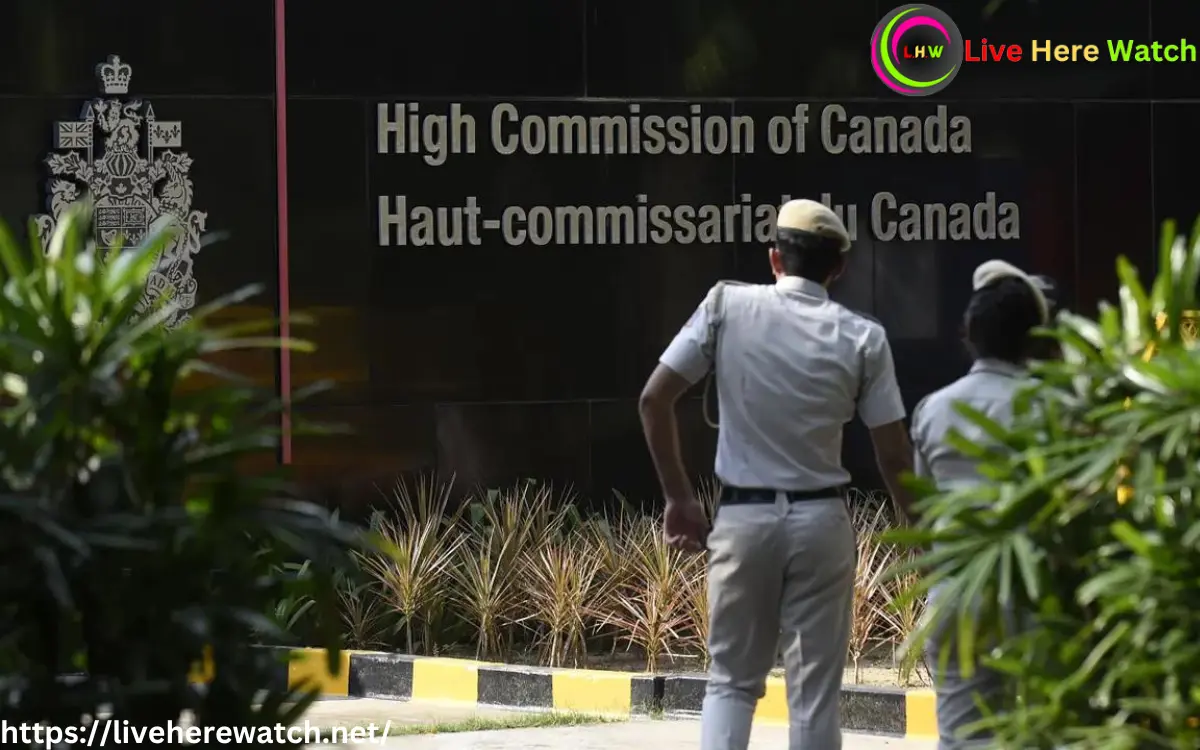Recent reports have shed light on the nearly empty state of the Canadian embassy in New Delhi, raising questions about the current staffing levels and the reasons behind this noticeable decrease. This article delves into the curious case of the Canada embassy in New Delhi to understand the diplomatic shifts, staffing changes, and potential implications for Canada-India relations. As we examine the factors at play, it becomes essential to assess the impact of such changes and their implications for bilateral ties between the two countries.
Assessing the Diplomatic Landscape
To comprehend the situation surrounding the nearly empty state of Canada’s embassy in New Delhi and its implications, it is crucial to examine the broader diplomatic landscape:
- Canada-India Historical Relations:
Canada and India have maintained diplomatic ties for several decades, marked by cultural exchanges, trade partnerships, and shared democratic values. The two nations have strived to deepen their relationship through bilateral agreements, high-level visits, and joint initiatives. Understanding this historical context helps contextualize the shifts in embassy staffing. - Strategic Significance of India:
India’s increasing global influence, growing economy, and vibrant democracy have drawn international attention. Recognizing India as a major player on the global stage, countries like Canada have sought to strengthen ties, explore trade opportunities, and engage in people-to-people exchanges. The staffing levels at the Canadian embassy reflect the evolving priorities in Canada-India relations.
Analyzing Reduced Diplomatic Presence
The nearly empty state of Canada’s embassy in New Delhi signals a notable decrease in diplomatic presence. Several factors could contribute to this phenomenon:
- COVID-19 Pandemic Impact:
The COVID-19 pandemic has disrupted international travel, leading many countries to assess and reduce their diplomatic staffing levels worldwide. Travel restrictions, health concerns, and operational challenges may have prompted Canada’s embassy to adopt a more streamlined presence until conditions normalize. - Reevaluation of Priorities:
Countries periodically reassess their diplomatic priorities and resource allocations based on shifting political landscapes, economic considerations, and strategic focus. The reduced staffing at the Canadian embassy may represent Canada’s recalibration of its embassy operations in India to align with its evolving priorities and objectives.
Implications for Canada-India Relations
The decreased staffing levels at Canada’s embassy in New Delhi may have implications for the broader Canada-India relationship:
- Bilateral Engagement:
Reduced embassy staff may impact the frequency and scope of high-level engagements between Canada and India. Face-to-face interactions and diplomatic efforts could be affected, potentially slowing down progress on various bilateral fronts such as trade negotiations, cultural exchanges, and academic collaborations. - Consular Services and Support:
Embassy staff plays a crucial role in providing consular services and support to citizens of the home country residing or traveling in the host country. The reduced presence may strain the ability of the Canadian embassy to efficiently handle consular matters, potentially impacting the support available for Canadian citizens in India. - Trade and Economic Cooperation:
The staffing changes at the Canadian embassy may also influence trade and economic cooperation between Canada and India. Building and strengthening business relationships, facilitating trade missions, and engaging with key stakeholders are activities that are typically facilitated by embassy staff. A lower presence may affect progress in these areas.
Conclusion
The nearly empty state of Canada’s embassy in New Delhi raises questions about the staffing levels and the potential implications for Canada-India relations. While factors like the COVID-19 pandemic and strategic reevaluation may contribute to this phenomenon, the reduced embassy presence could have implications for bilateral engagement, consular services, and trade and economic cooperation. As Canada continues to reassess its diplomatic priorities in India, it becomes essential to closely monitor any developments and seek ways to maintain and strengthen the enduring ties between the two nations.

























+ There are no comments
Add yours